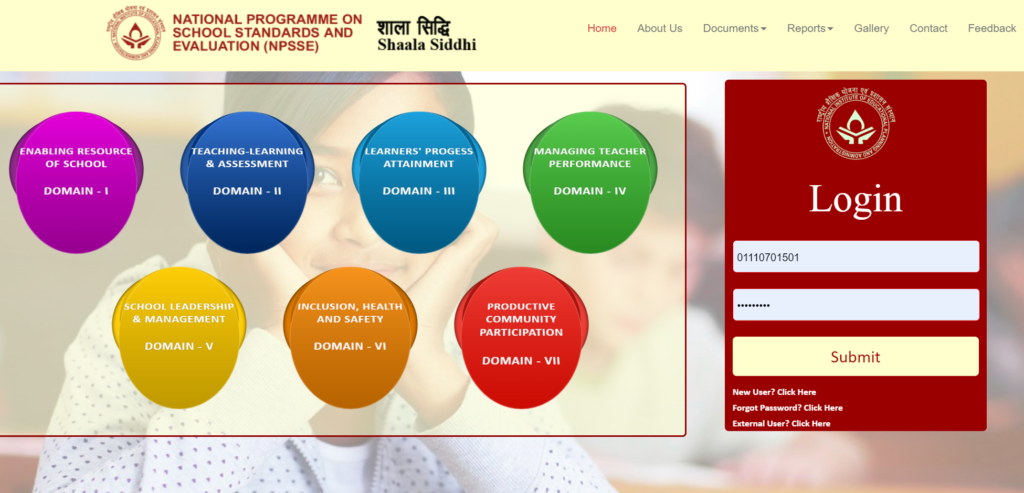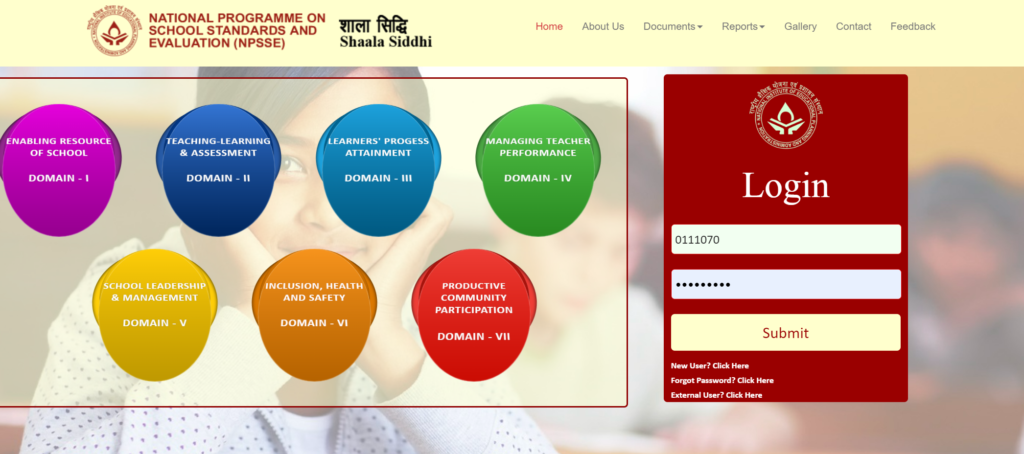Table of Contents
ToggleEnsuring Financial Security: A New Chapter in Jammu & Kashmir's Civil Services

The Government of Jammu and Kashmir has introduced a significant update to the Jammu & Kashmir Civil Services (Temporary Service) Rules, 1961, as per a notification dated September 24, 2021. This update aims to ensure financial security for temporary government employees who were appointed or brought onto the regular establishment on or after January 1, 2010. In this blog, we delve into the details of this new provision and its implications for the employees and their families.
A New Financial Provision for Temporary Government Employees:
The recent notification, signed by Atal Dulloo, IAS, Financial Commissioner (Additional Chief Secretary), Finance Department, introduces a fourth proviso to Rule 11 of the Jammu & Kashmir Civil Services (Temporary Service) Rules, 1961. This addition is a step towards ensuring that temporary government employees are not left without financial security upon retirement, discharge, or in the unfortunate event of their death. Under the new provision, temporary government employees appointed or regularized on or after January 1, 2010, and who retire on superannuation, are discharged from service, or are declared invalid for further service, are now eligible for gratuity. The gratuity is calculated at the rate of one-third of a month’s pay for each completed year of service, provided the employee has completed a minimum of five years of continuous service at the time of retirement, discharge, or invalidment.
This new rule marks a transformative shift in how temporary government employees are treated in terms of financial security. Previously, the lack of a solid financial cushion for these employees meant that many faced uncertain futures upon exiting their roles. The introduction of this gratuity ensures a more stable and predictable financial scenario for them. The guarantee of receiving a calculated amount of money for each year of service mitigates the financial anxieties these employees might face, especially those who serve for extended periods without the benefit of a permanent appointment. This update is not merely a policy change but a profound statement of recognition and value for the service rendered by these employees.
Financial Security Through Gratuity:
This new chapter in Jammu & Kashmir’s civil services emphasizes the importance of financial security for temporary employees. The eligibility for gratuity ensures that employees who have dedicated years of service to the government are not left without support upon retirement or discharge. This provision also extends to families of employees who pass away while in service, ensuring they receive death gratuity as defined under Rule 11(b) of the existing rules.
Financial security through gratuity offers a lifeline to many families who might otherwise be left vulnerable after the sudden demise of a family member who was a government employee. By extending these benefits to the families, the government ensures that its support doesn’t end with the employee’s tenure but continues to aid their dependents, thus fostering a sense of long-term security. This support mechanism not only alleviates financial distress but also highlights the empathetic approach of the government towards its workforce. In today’s socio-economic climate, such provisions play a critical role in enhancing the overall well-being and morale of the employees and their families.

The Significance of January 1, 2010:
The date January 1, 2010, is particularly significant as it marks the commencement of the Defined Contributory New Pension Scheme (NPS). The new provision is retroactively incorporated from this date, ensuring that all eligible employees from this point onwards benefit from the updated rules. This inclusion provides a comprehensive safety net for employees who have been part of the workforce under the NPS framework.
The decision to set January 1, 2010, as the cut-off date ties in with the broader implementation of the New Pension Scheme (NPS). This alignment ensures that the benefits of the updated gratuity provision are seamlessly integrated with the existing pension structure. For employees, this means a coherent and unified approach to their financial security, bridging the old and new systems. Retroactively applying this rule from the start of the NPS ensures that no employee is left out of these crucial benefits due to the transition between pension schemes. It underscores the government’s commitment to an inclusive and fair policy framework that considers the historical context of its workforce’s service.
Strengthening Employee Morale:
By introducing this new chapter in Jammu & Kashmir’s civil services, the government is taking a substantial step towards strengthening employee morale. Knowing that their years of service will be acknowledged and rewarded with financial security upon retirement or in unfortunate circumstances creates a more dedicated and motivated workforce. Employees can now focus on their duties with the reassurance that their future, and the future of their families, is safeguarded.
Strengthening employee morale through financial security initiatives like this is crucial for any organization’s productivity and effectiveness, especially in the public sector. When employees feel valued and know that their future is secure, their commitment to their duties naturally increases. This initiative by the Jammu & Kashmir government is a strategic move to boost the dedication and performance of its temporary employees. A motivated workforce is more likely to go above and beyond in their service, leading to better outcomes for the government and the public it serves. By providing these financial safeguards, the government not only ensures the well-being of its employees but also indirectly enhances the overall efficiency and quality of its services.
The Role of Financial Commissioner (Additional Chief Secretary)
Atal Dulloo, the Financial Commissioner (Additional Chief Secretary) of the Finance Department, plays a crucial role in this development. His signature on the notification signifies the government’s commitment to enhancing the welfare of its employees. This move reflects a broader strategy to modernize and humanize the administrative framework in Jammu & Kashmir, aligning it with contemporary standards of employee welfare.
The role of the Financial Commissioner (Additional Chief Secretary) is pivotal in implementing such significant policy changes. Atal Dulloo’s involvement underscores the high level of importance the government places on this update. His leadership in the Finance Department ensures that the policy is not only well-designed but also effectively communicated and implemented across various government departments. This kind of top-level endorsement is essential for the successful rollout of new policies, as it ensures alignment and cooperation across all administrative levels. By spearheading this initiative, the Financial Commissioner is setting a precedent for proactive and empathetic governance that prioritizes employee welfare.
Impact on Temporary Government Employees:
For temporary government employees, this new chapter in Jammu & Kashmir’s civil services is a game-changer. Many employees who were previously uncertain about their financial future can now look forward to a secure retirement. The provision of gratuity ensures that their service is valued, and their financial needs are met, even if they have not been part of the permanent establishment for a long period.
The impact on temporary government employees cannot be overstated. This provision transforms their outlook on job security and retirement planning. Knowing that their years of service will culminate in tangible financial benefits allows these employees to plan their futures with greater confidence and stability. It addresses a long-standing gap in the welfare of temporary employees, who often faced precarious financial situations upon leaving service. This change is a recognition of their contributions and a step towards equitable treatment of all employees, regardless of their employment status. It brings a sense of fairness and appreciation into the system, encouraging a more engaged and loyal workforce.
Death Gratuity: A Support System for Families
The inclusion of death gratuity for families of deceased employees further underscores the government’s commitment to its workforce. In the unfortunate event of an employee’s death, their family is entitled to financial support, which can be a crucial lifeline during difficult times. This provision aligns with the principles of empathy and support that are essential for any progressive government.
Death gratuity as a support system for families highlights the government’s understanding of the broader social responsibilities it holds. Losing a family member who is a primary breadwinner can be devastating both emotionally and financially. By ensuring that the families of deceased employees receive financial support, the government provides a necessary cushion that helps them navigate through their loss without immediate financial strain. This provision is a testament to the government’s humane approach to policy-making, recognizing that the welfare of its employees extends beyond their active service years and includes their families. It instills a sense of security and trust in the government among its employees, knowing that their loved ones will be cared for even in their absence.
Conclusion: A Progressive Step Forward
The introduction of the new proviso to Rule 11 of the Jammu & Kashmir Civil Services (Temporary Service) Rules, 1961, is a progressive step forward in ensuring financial security for temporary government employees. By recognizing the contributions of these employees and providing them with gratuity and death gratuity, the government is fostering a more supportive and secure work environment.
As this new chapter in Jammu & Kashmir’s civil services unfolds, it sets a precedent for other regions to follow. Ensuring financial security for employees is not just a matter of policy but a reflection of the government’s commitment to the well-being of its workforce. This development is a reminder that behind every policy and rule, there are individuals whose lives and futures are impacted, and it is the responsibility of the government to safeguard their interests.
In conclusion, this new chapter in Jammu & Kashmir’s civil services is a welcome change that promises to enhance the lives of temporary government employees and their families. By incorporating this provision retroactively from January 1, 2010, the government has shown a commendable dedication to its employees’ welfare. This move is a significant milestone in the journey towards a more inclusive and supportive administrative framework in Jammu & Kashmir.
The emphasis on financial security for temporary government employees highlights the government’s progressive vision. This policy change is not just about numbers and figures; it’s about valuing people, their work, and their futures. It reflects a deep understanding of the challenges faced by temporary employees and a commitment to address those challenges with empathy and foresight. As other regions observe this development, it sets a powerful example of how thoughtful policy-making can lead to a more motivated, secure, and effective workforce, ultimately benefiting society as a whole.


